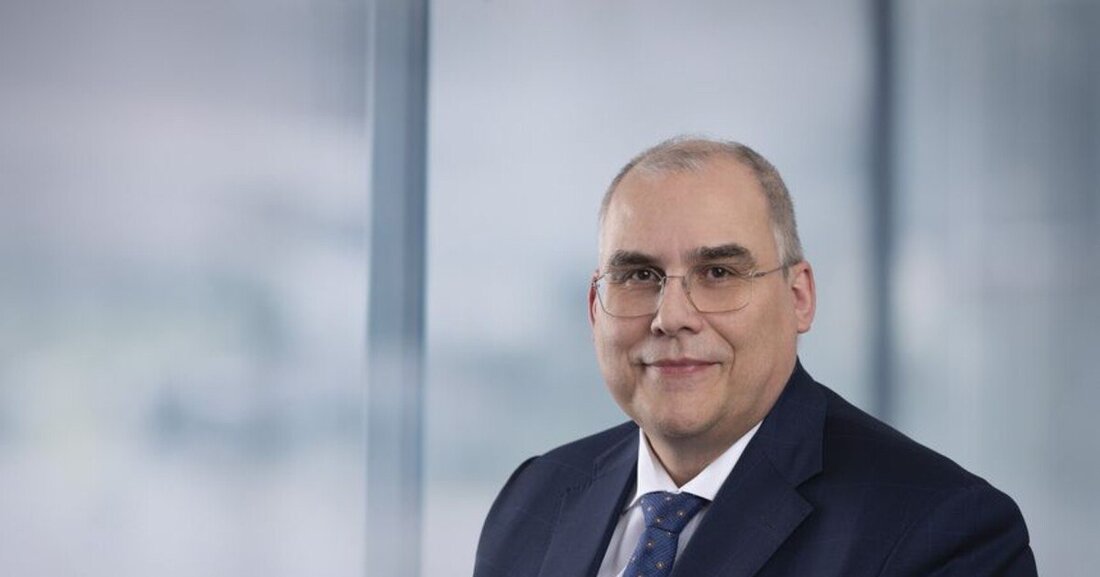With technology optimism out of the crisis
Uwe Grebe from the TU Vienna would like to see more enthusiasm for technology in order to make the economy stronger and cars climate-proof.

With technology optimism out of the crisis
Vehicle technology is changing – in many ways. The popularity of electric cars is increasing. Where there is no alternative to the internal combustion engine, research is being carried out into climate-friendly fuels. At the same time, digitalization has completely changed the industry: the car is now a highly intelligent IT product with sensors, actuators, computers and sophisticated software. And all of these developments are occurring in a phase in which the global automotive industry is also being restructured: diesel scandals have shaken trust, China has caught up massively, Europe can no longer rely on its technological leadership. Professor Uwe Grebe is very familiar with all of these trends. He has helped shape vehicle technology for many years, including at General Motors and AVL List, and has also been an honorary professor at the TU Vienna since 2006. He has now been appointed as a professor at the TU Vienna to head the Institute for Vehicle Drives and Automotive Technology. At the same time, he is managing director of the newly founded Automotive & Mobility Engineering GmbH (AME), a subsidiary of the Vienna University of Technology, which is intended to provide engineering services as the interface between academic research and industry.
At the TU Vienna, he not only wants to advance technological research, but also convey the message to a young generation of engineers: There are an incredible number of extremely exciting tasks to be completed in the field of mechanical engineering - and Europe's prosperity depends not least on whether we succeed in doing so. “The Institute of Vehicle Drives and Automotive Technology was excellently positioned worldwide by my predecessors,” says Uwe Grebe. “We have built an excellent reputation in the area of combustion engines, but also in alternative drive systems.” There are many cutting-edge research questions regarding electric vehicles. It's not just about the electric motor itself, but also about the power electronics - a central part of every electric or hybrid vehicle that regulates the energy exchange between the battery and the motor. “The best possible use of energy is the central issue for electric vehicles,” says Uwe Grebe. "How do you design the car's electronics? How high should the currents be? Which sensors do you use for control? How do we manage the heat flows? There is still a lot to be optimized, including to further increase the range of electric vehicles."
Uwe Grebe sees a great future for electric cars in private transport, but for him the combustion engine is not an obsolete model either. There are many areas of application in which combustion engines still appear to be no alternative today - for example in aircraft or in large construction or harvesting machines. Nevertheless, Grebe is convinced that a lot can be done for the climate in these areas: "Our research here is completely open to technology. You can use hydrogen, for example, either by burning it directly or by converting it into a fuel cell and using it to drive an electric motor. Or you can produce more e-fuels." Especially in a phase in which future technological developments are not entirely clear, Grebe believes that research must be carried out in many directions at the same time. Another interesting option are hybrid vehicles in which fuel-powered generators are not used to mechanically drive the wheels, but to supply traction current - so-called range extenders. “Large batteries significantly increase the weight of a vehicle and also CO2 emissions during production, but their full capacity is rarely required,” says Uwe Grebe. "It could therefore be interesting to have a fuel tank that provides the necessary range on a longer vacation trip, for example. The battery can be made much smaller. The vehicle will be significantly lighter and therefore more efficient."
Thanks to his many years of experience in the automotive industry, Uwe Grebe has also seen how the global balance of power has shifted over time. “I often had contact with China in my previous roles,” says Grebe. “People there used to be extremely eager to get to know European know-how. They have now caught up in an impressive way and have become more self-confident.” Uwe Grebe therefore advocates a return to our own technological innovative strength: "We in Europe cannot improve the world through regulations and bans. But how can we provide impetus for a new generation of engineers to produce solutions. We need more technical optimism again. It is there in China - and there is no reason why we shouldn't have it too."

 Suche
Suche
 Mein Konto
Mein Konto